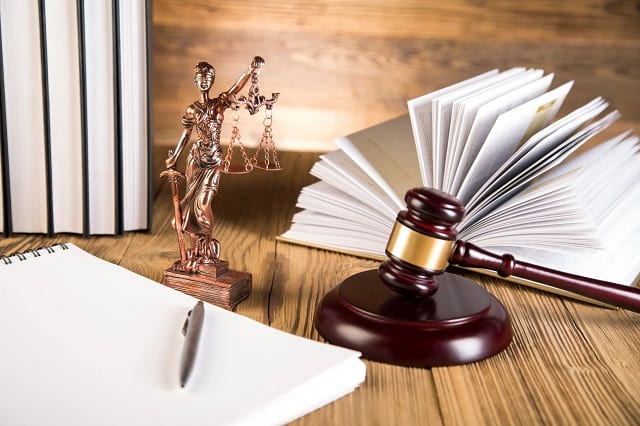Personal injury laws let an injured individual get compensation when a wrongful (intentional act or negligence) act of another person causes harm. There are several situations that can be considered as a valid personal injury claim. However, an injury does not automatically result in legal liability.
Most personal injury damages are categorized as compensatory, which means that the part is intended to compensate the injured person for what was lost because of the injury or accident. Click here for more information about personal injury cases.
The common compensatory damages are:
· Cost of medical treatment
· Lost wages and loss of future income due to injury
· If your property like clothing, cars, etc. were damaged due to the accident, you will likely get reimbursed for those items. If the accident leads to property loss, you can get commission for the loss.
· Pain and suffering caused because of the accident
· Emotional distress, such as anxiety, sleep loss, and fear.
· Loss of pleasure, which causes you to stop pursuing your daily activities/routines like exercise or recreational activities.
· Impact of injuries on the plaintiff’s relationship with their partner.
Personal Injury Cases Types
Car Accident Cases
Car accidents are amongst the common types of personal injury cases. When an accident occurs, it is usually because a driver is not following road safety rules or is not driving carefully. A careless driver can be financially responsible for injuries caused by a car accident.
Slip and Fall Cases
Another common type of personal injury case are slip and fall cases. Property owners or those who have rented property have a legal responsibility to keep their buildings fairly free and safe of hazards and to keep the people who are on the property away from danger.
Of course, not all accidents that happen on the property will create a financial liability. The exact nature of the legal duty of the landowner depends on the situation and as per the law in the city.
Medical Malpractice
Medical malpractice can occur when a health care professional or doctor provides treatment that does not meet the appropriate medical standard of care that caused an injury to a patient. But it is crucial to keep in mind that obtaining a bad result in a medical treatment does not mean that the malpractice took place.
Defamation: Libel and Slander
Defamation in this form refers to an injury to the reputation of a person as a result of untrue statements. What a defamation plaintiff must prove depends on who the plaintiff is as well as the forum where the statement was made. Usually a person just needs to prove that an untrue statement was made that caused financial loss.
Products Liability
Defective and dangerous products can lead to severe injuries in public areas, home, and at work. Improper operational manuals and warning can also lead to injuries. Some examples are dangerous drugs, consumer products, food, children’s products, defective medical devices, toxic chemicals and materials, and defective vehicle parts.
Responsible parties can be businesses, government entities, or individuals who designed, manufactured, marketed, or sold such products.
